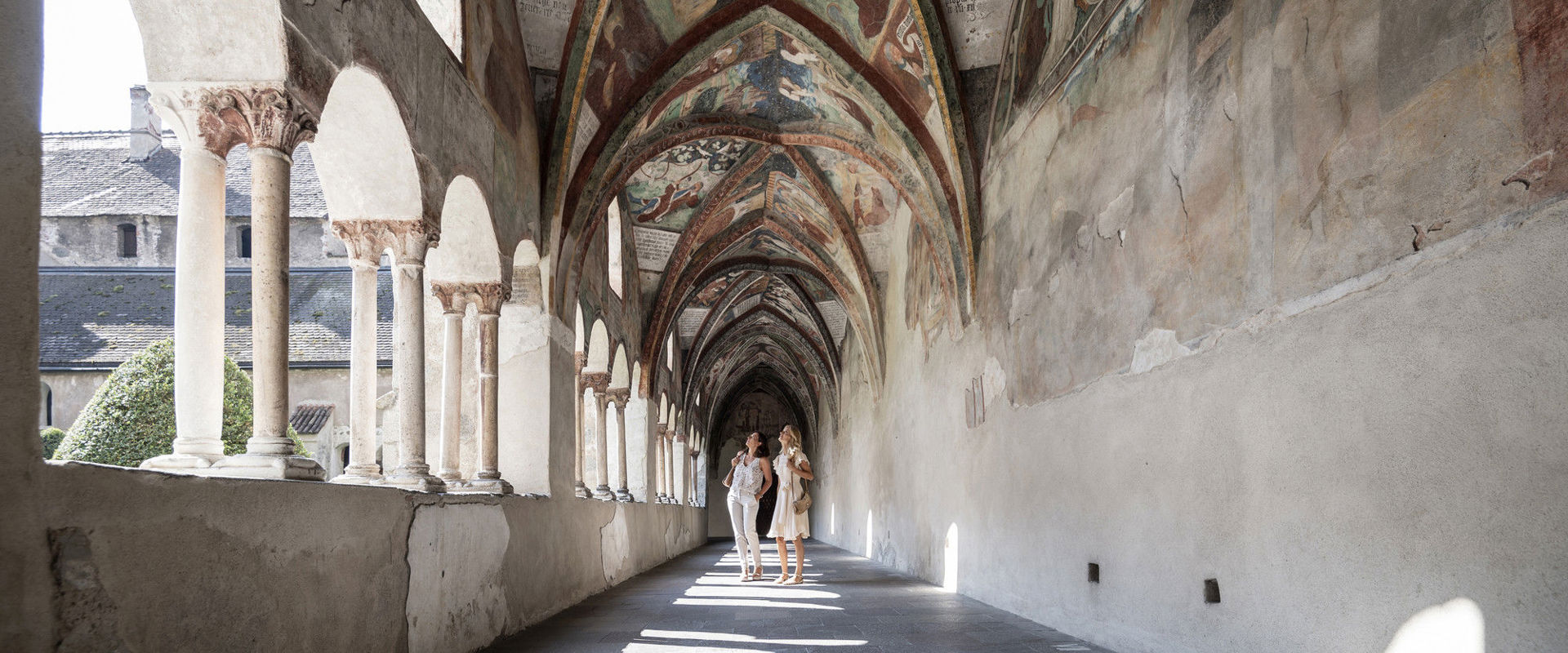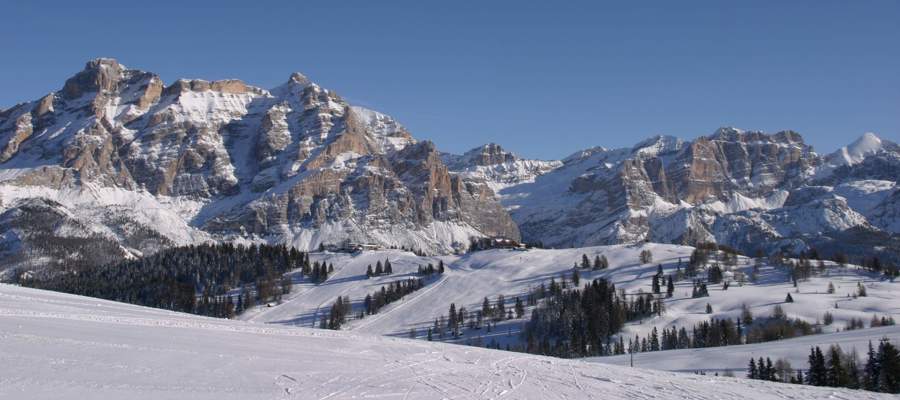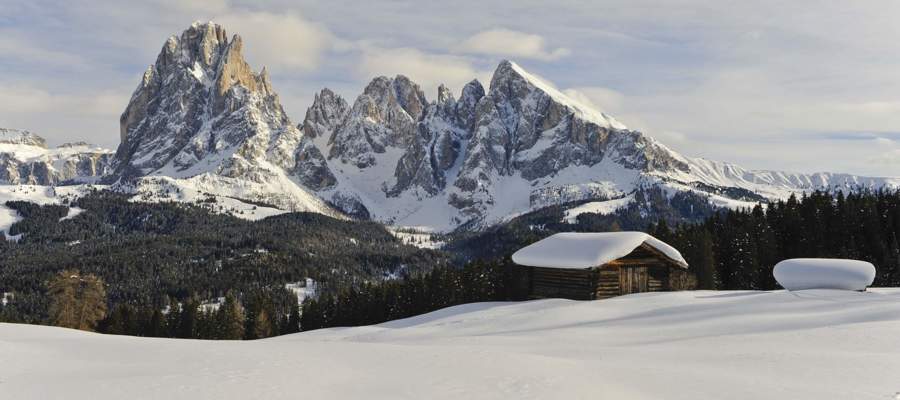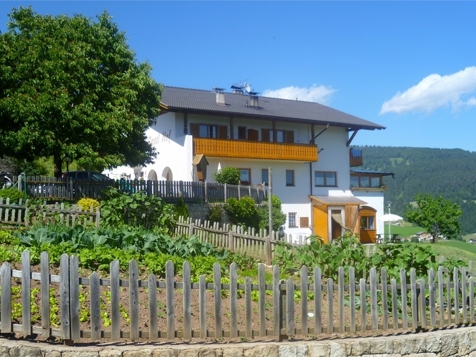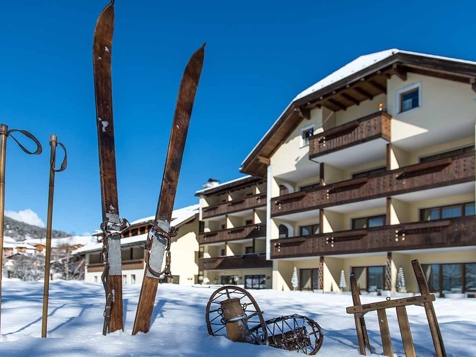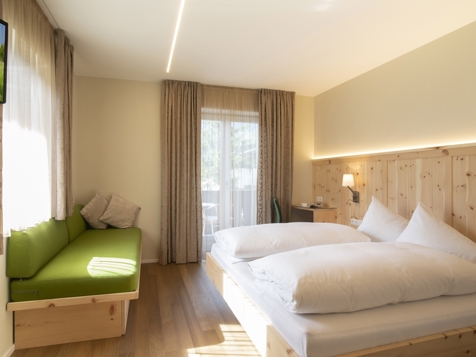Emperors, bishops & counts
The Christianisation of the Central Alps had begun in the 4th century in the Late Roman period. Trento and Säben had become important dioceses. On Mt. Säben, there are excavations of early Christian churches of the 6th century and St. Prokulus church in Naturns was built in the 7th century. In 769, the monastery of Innichen was founded by the Bavarian duke Tassilo as the oldest monastery in the Tyrolean area. The collegiate church of the 13th century is one of the most important Romanic sacred buildings of the Eastern Alps.
The bishops’ secular power is growing
In 898, there are the first incursions by the Hungarians which is the beginning of the Medieval fortifications. Due to the lack of a strong political power, the bishops of Trento and Säben increasingly assumed secular duties. In 955, Otto I won over the Hungarians in the Battle of Lechfeld. He united the eastern Frankish Empire (which also included the Bavarian duchy) with the Kingdom of Italy and became the emperor of the Holy Roman Empire.
The control of the Alpine passes became a central power factor for the Ottonic-Salian emperors. Therefore, they transferred county rights to the bishops of Trento and Brixen in the 11th century (in the second half of the 10th century the bishop see was transferred from Säben to Brixen). The counties of Trento, Bozen and Vinschgau were transferred to the bishop of Trento, the bishop of Brixen first got the County of Norital (the area between Klausen and Inntal) and later also the County of Pustertal.
The rise of the Counts of Tyrol
The Counts of Tyrol were first bailiffs of the bishops. However, they expanded their power to the detriment of the bishops starting from Tyrol Castle near Meran in the 12th century. Gradually, the valleys south and north of Brenner pass assumed the name Tyrol. From the late 12th century, cities were founded along the important transregional roads. Around 1300, the County of Tyrol had already been a quite homogenous territory.
In 1363, the County of Tyrol of Margarete Maultasch passed over to the Habsburgians who reigned Tyrol almost continuously until 1918, significantly influencing culture, architecture and cuisine.
The Tyrolean Rebellion
After the defeat against France, Austria had to cede Tyrol to Bavaria in 1805, that went to war as ally of Napoleon against Austria. Tyrol became part of the newly founded Kingdom of Bavaria. Among other things, the enormous tax burden as well as the interference in religious matters created discontent. A forced recruitment for the Bavarian army was the reason for the Tyrolean Rebellion in 1809 under the leadership of Andreas Hofer, who was violently killed.
Afterwards, Bozen and the area south of it were annexed to the former Kingdom of Italy together with Trentino in 1810, which persisted for nine years with Napoleon as king. In 1813, these areas were again occupied by the Austrian troops and Tyrol was annexed to the Habsburgian Monarchy again in 1815 after the Congress of Vienna.











